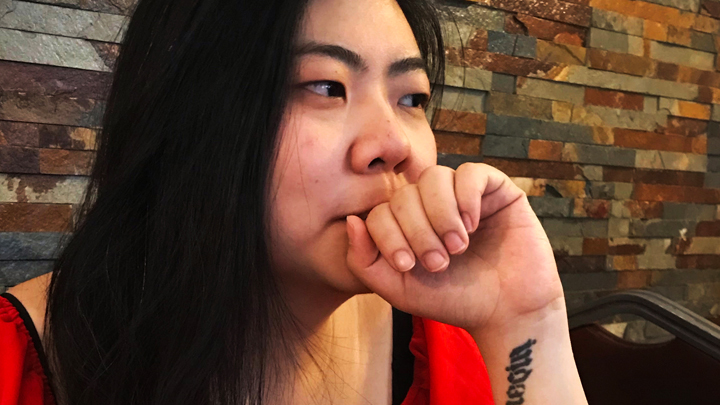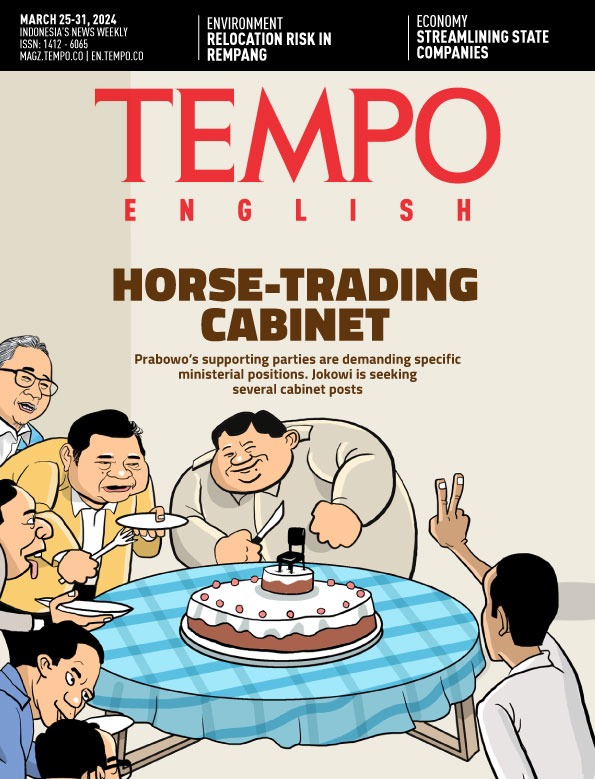Human rights activist, Veronica Koman: I Will Not Run Away
Monday, November 18, 2019
arsip tempo : 171341722959.

VERONICA was even able to join a march for the death of Kumanjayi Walker, an Aboriginal man allegedly shot dead by a police officer. “This was the third time that an Aboriginal is dead in the hands of the police,” Veronica told Tempo, Wednesday, November 13.
Veronica, who received the master degree in law from the Australian National University in July, was down under when the East Java Police named her as a suspect for spreading hoa
...
Subscribe to continue reading.
We craft news with stories.
 For the benefits of subscribing to Digital Tempo, See More
For the benefits of subscribing to Digital Tempo, See More









